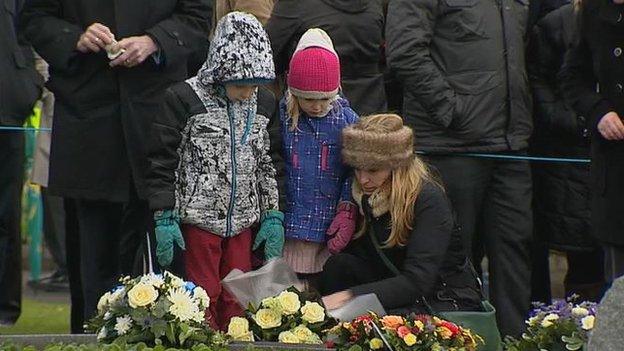Lockerbie families lose fight for appeal against bomber conviction
- Published
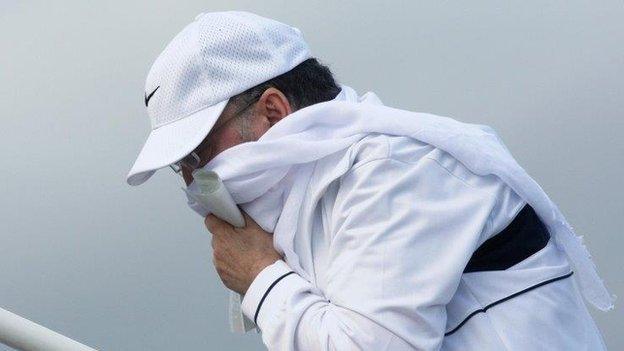
Megrahi abandoned his appeal shortly before being allowed to return to Libya
Relatives of Lockerbie bombing victims will not be allowed to pursue an appeal on behalf of the only man convicted of the crime, judges have ruled.
Families argued they should have the right to carry forward the miscarriage of justice appeal for Abdelbaset Al-Megrahi, who died in 2012.
But three judges at the appeal court in Edinburgh have ruled that this is not possible under Scots law.
The families said they would continue their "fight for justice".
Megrahi's own family still have the right to appeal on his behalf.
Next of kin
However, their lawyers have said that the situation in Libya makes this difficult.
The Scottish Criminal Cases Review Commission had asked the High Court to establish whether the families of the victims could be classed as persons with a legitimate interest.
Courts had previously ruled that only the executor of a dead person's estate or their next of kin could proceed with a posthumous application.
A hearing took place at the Appeal Court in Edinburgh before the Lord Justice Clerk Lord Carloway, sitting with Lord Brodie and Lady Dorrian.
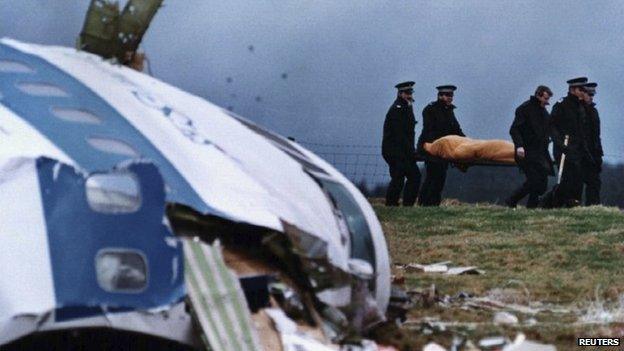
270 people died when Pan Am flight 103 exploded over Lockerbie
Delivering their judgment, Lord Carloway said the law was "not designed to give relatives of victims a right to proceed in an appeal for their own or the public interest".
However, Aamer Anwar, solicitor for the Megrahi family and 26 British relatives of Lockerbie victims, said the fight would continue.
"It is regularly claimed that we place victims at the heart of the justice system, so why should the families of murder victims not have a legitimate interest in seeking to overturn the wrongful conviction of the person convicted of the murder of their loved ones?" he asked.
"Justice does not die with the accused, in this case Abdelbaset al-Megrahi.
"Despite 26 long years since the Lockerbie bombing the families will not give up their fight for justice and the truth. The matter is not concluded as we remain instructed by al-Megrahi's family."
Called into question
In December, Scotland's top prosecutor reaffirmed his belief that Megrahi was guilty of killing 270 people in the bombing.
Lord Advocate Frank Mulholland said no Crown Office investigator or prosecutor had ever raised concerns about the evidence used to convict Megrahi.
Megrahi's part in the bombing has been called into question in a series of books and documentaries.

Analysis by Glenn Campbell, BBC Scotland correspondent
A posthumous appeal against conviction is possible if it's deemed to be in the "interests of justice".
But there's another test. The Scottish Criminal Cases Review Commission (SCCRC) must be satisfied that those seeking an appeal have a "legitimate interest" in the case.
Members of the Megrahi family would be expected to qualify and on paper they were backing this attempt to force a re-examination of the evidence.
But the SCCRC has become convinced that the application is only "actively supported" by Dr Jim Swire and other UK victims' relatives.
Never before has a murder conviction been appealed in these circumstances.
The judges were being asked to decide if victims' relatives had the right to seek to clear the name of the only man found guilty of killing their loved ones.
Dr Swire has argued that there's "no doubt" relatives are valid applicants.
But US victims' families had made clear they did not support a fresh appeal and have accused Dr Swire of pursuing a "disgraceful" campaign.

A petition seeking "Justice For Megrahi", backed by politicians and family members of some victims, also remains on the Scottish Parliament's books.
The Pan Am flight exploded at 31,000ft over Lockerbie, in the south of Scotland, on 21 December 1988.
As well as 259 people on board the aircraft, 11 residents of Lockerbie died on the ground as a result of a giant fireball caused when a wing holding thousands of gallons of fuel exploded on impact.
The Scottish government released Megrahi on compassionate grounds in August 2009 after he was diagnosed with terminal cancer and given six months to live.
He returned to Libya, where he died in May 2012, still protesting his innocence.
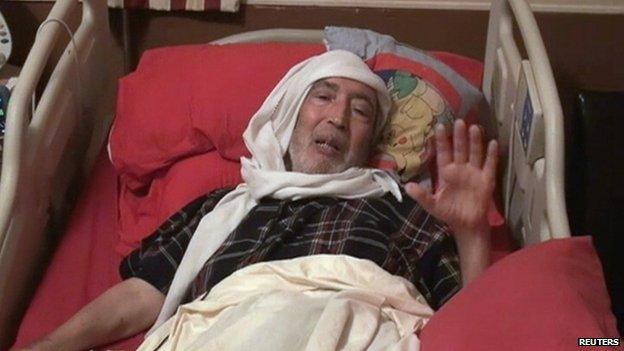
Megrahi continued to protest his innocence until his death in 2012
- Published5 June 2014
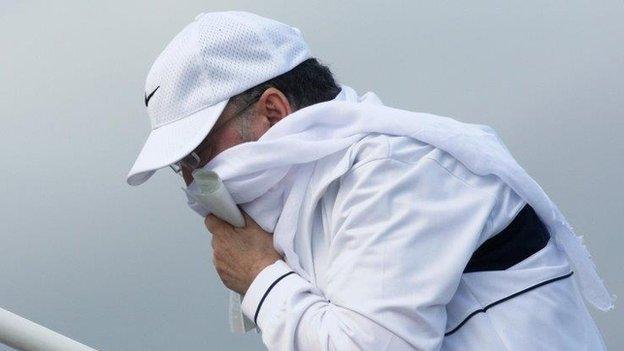
- Published29 January 2014
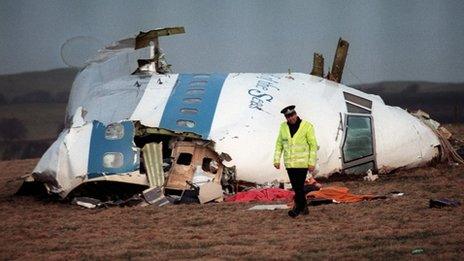
- Published20 May 2012
- Published20 May 2012
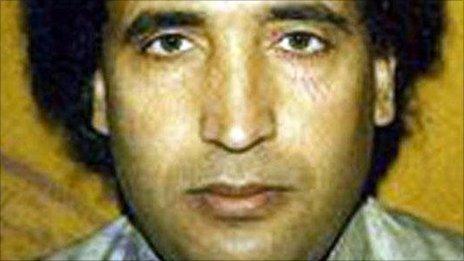
- Published21 December 2013
